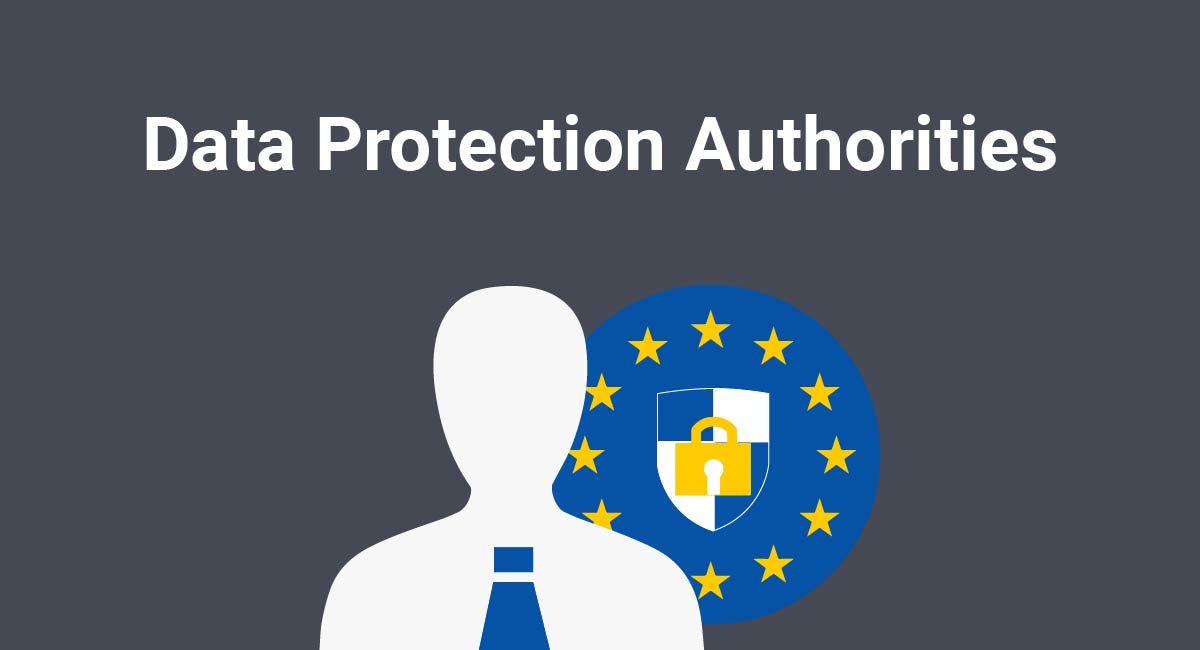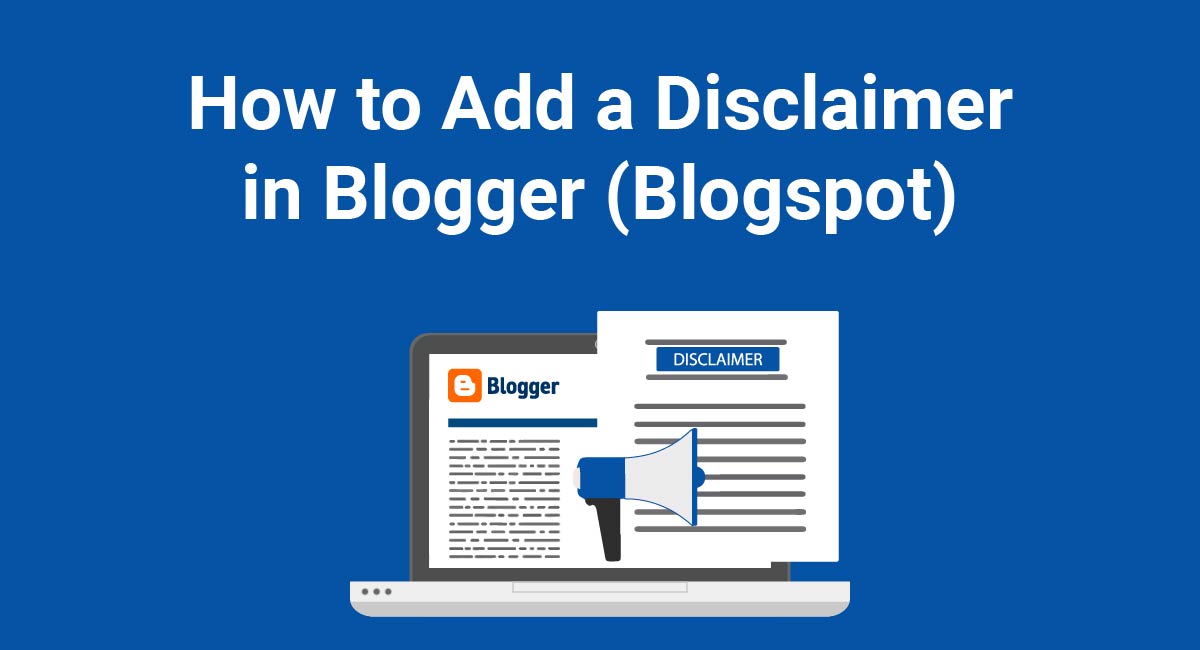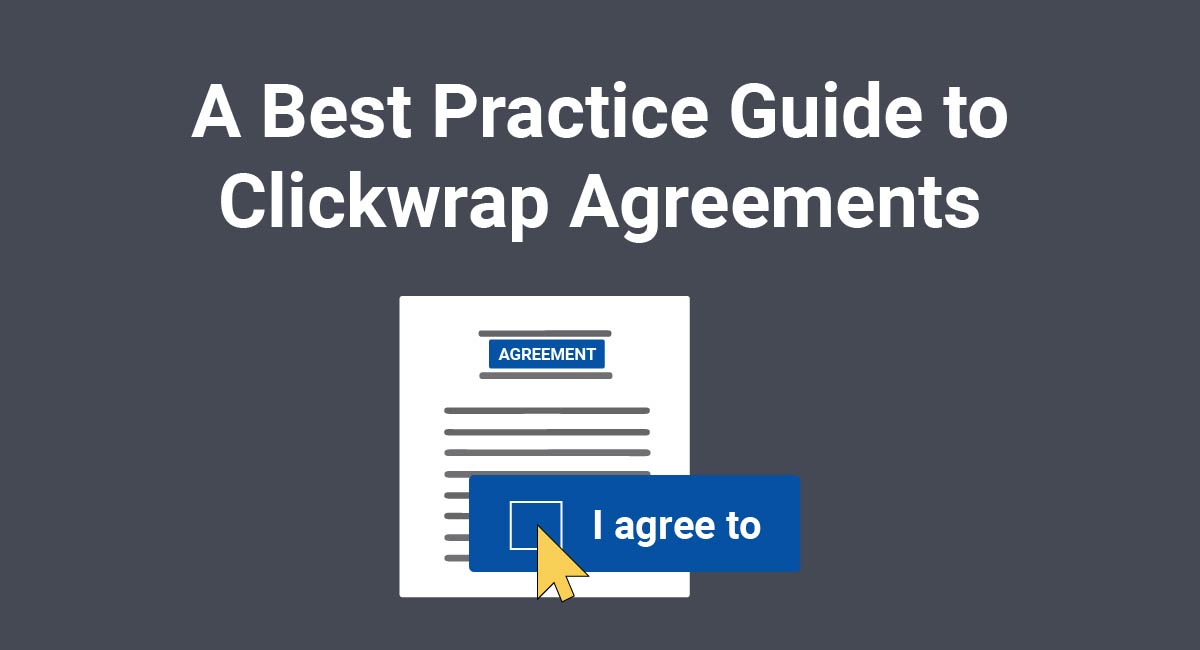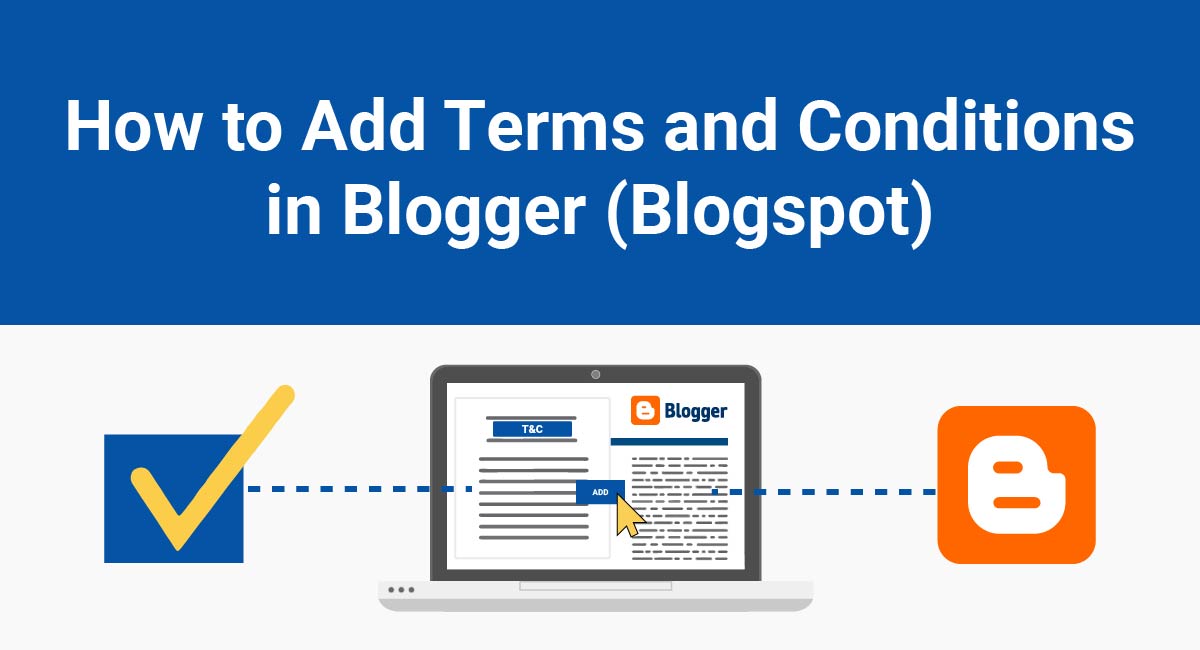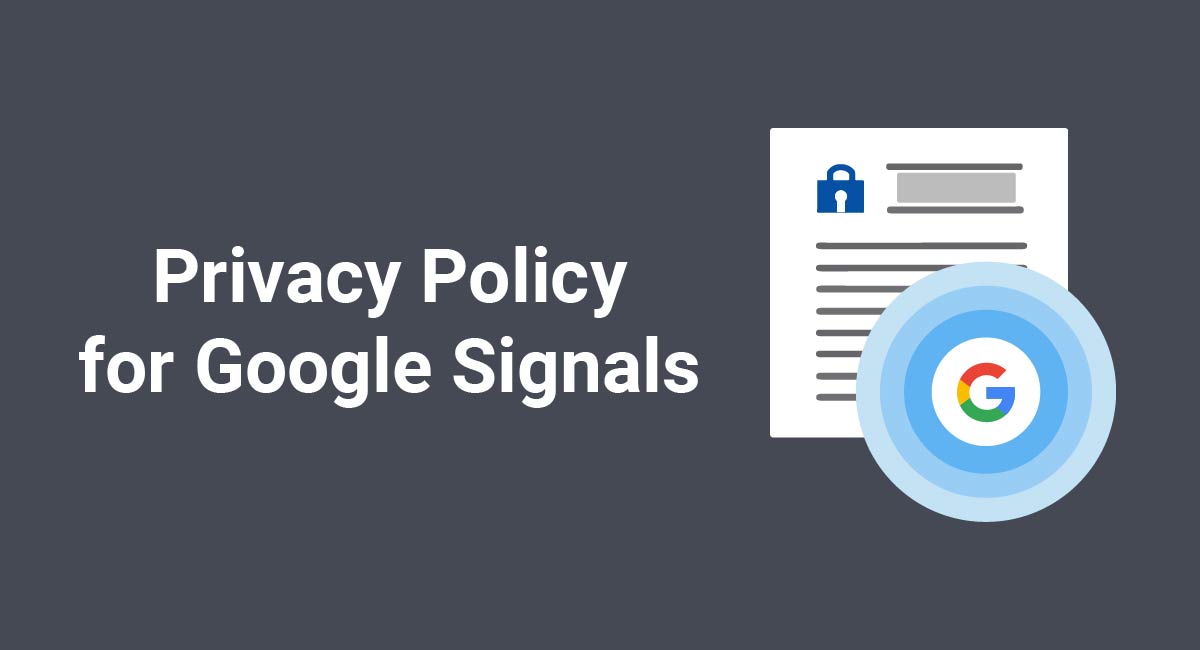Blog - Page 12
Legal articles in easy to understand language.
Common Liability Issues Between Data Controllers and Data Processors
The EU General Data Protection (GDPR) divides the world of business into "data controllers" and "data processors." It sets out rules and obligations for both groups and regulates the way in which they work together. Data controllers take on most responsibilities under the GDPR. But data processors are accountable for how...
Data Protection Authorities
The EU General Data Protection Regulation (GDPR) has a very broad scope. It applies, to some certain extent, to practically every business trading in the EU, plus charities, public bodies and individuals. It also covers an extremely wide range of activities, applying to practically any situation in which "personal data" is...
How to Add a Disclaimer in Blogger (Blogspot)
Disclaimers are statements that inform readers of important things they need to know. For example, an Affiliate Disclaimer lets people know someone may make a commission from clicking a link. An "As Is" Disclaimer lets people know that whatever they're buying is sold in that state. A "Results Not Typical"...
A Best Practice Guide to Clickwrap Agreements
Internet contracts and online agreements are every bit as legally binding as the paper variety if processed correctly. If you're trying to decide on the most airtight and secure methods for offering online contracts, privacy, and terms agreements to your customers, clickwrap agreements are undeniably the way to go. However, not...
How to Add Terms and Conditions in Blogger (Blogspot)
A Terms and Conditions agreement is like a how-to guide for the use of your site. It covers topics like sharing intellectual property, community standards, use restrictions and helps to protect you from liability. Whether you share your daily workouts or blog about marriage advice, you should consider having one -...
Privacy Policy for Google Signals
Google Signals is a feature of Google Analytics which provides insights into users' cross-device behavior. It uses aggregate data to reveal how people use their devices. You can use this data to further personalize your ad campaigns. But greater insight into your users' lives, even in the aggregate, means greater responsibility...

